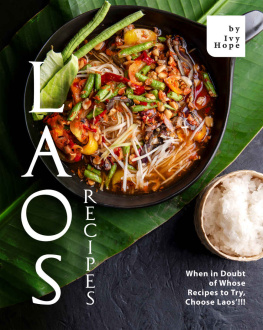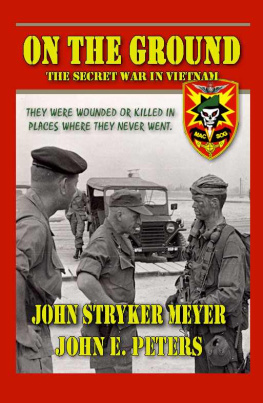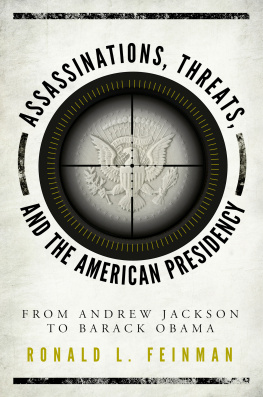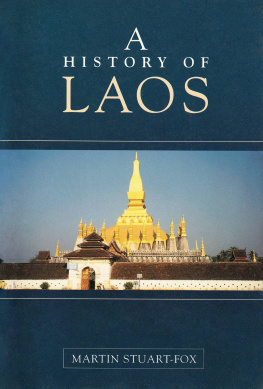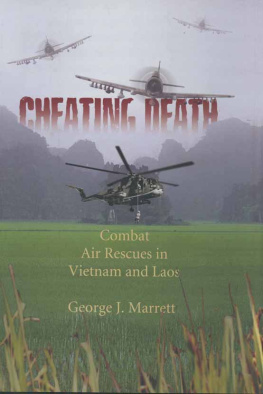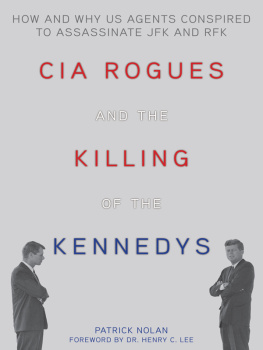First published by Chronos Books, 2014
Chronos Books is an imprint of John Hunt Publishing Ltd., Laurel House, Station Approach, Alresford, Hants, SO24 9JH, UK
www.johnhuntpublishing.com
For distributor details and how to order please visit the Ordering section on our website.
Text copyright: John Koerner 2014
ISBN: 978 1 78279 701 2
All rights reserved. Except for brief quotations in critical articles or reviews, no part of this book may be reproduced in any manner without prior written permission from the publishers.
The rights of John Koerner as author have been asserted in accordance with the Copyright, Designs and Patents Act 1988.
A CIP catalogue record for this book is available from the British Library.
Design: Lee Nash
Printed and bound by CPI Group (UK) Ltd, Croydon, CR0 4YY
We operate a distinctive and ethical publishing philosophy in all areas of our business, from our global network of authors to production and worldwide distribution.
CONTENTS
Introduction
This is a dangerous book. If you have any investment in pursuing the truth, then what you will find within will be at times enlightening, and shocking. Mainstream, packaged history that is freshly sliced for Americas students in neatly compartmentalized boxes barely gives a whisper of the word conspiracy, as if it were a disease to avoid exposing to the innocent.
Yet as historians, our goal should always be to pursue the truth, no matter how uncomfortable the answers might be. Facts are stubborn things, as John Adams was fond of saying. History at its best should bend or break our preconceived notions of what a static historical record should consist of. Conspiracies are far more common than we imagine, and one should never have to apologize for proffering them as solutions to historical mysteries. Historians should not have to whisper the word for fear of academic reprisal.
For truly, what are conspiracies? Put simply, it is when a group of people plan to execute a specific task. Humans are social creatures. We work together to accomplish an endless number of ideas throughout the course of our lives. It is counterintuitive to think otherwise. It is time to move conspiracies from the realm of the paranormal to that of the normal.
Ironically though, there is nothing normal about the conspiracy to assassinate President John F. Kennedy. So much has been written about this mans death, now over half a century since that tragic day in Dallas. The astute reader might wonder what more could be added to what has already been exhaustively written. The answer is two-fold.
Much to the credit of many hardworking historians in the past five decades, Kennedys assassination has been examined from the standpoint of how it happened, and who was responsible. Very little time has been spent trying to examine why he was killed, especially how a little known country in Southeast Asia named Laos hastened his demise.
I will argue in this book that the CIAs secret drug trade in Laos, and the presidents effort to end it, provided the primary motive that the CIA needed to assassinate the president. A lot of effort has made to examine the presidents Vietnam policy, which does link to this as we will see, but precious little attention has been paid to the opium trade in Laos that was making the CIA wealthy and powerful beyond its wildest dreams. This book will chronicle the presidents secret war with the CIA over Laos, a high stakes game that cost him his life.
The second addition to the historical record that this book will contribute is an attempt to link the JFK assassination with the other three major assassinations of the 1960s: Malcolm X, Martin Luther King, and Robert F. Kennedy. Not enough attention has been paid to why these leaders were killed as well. We will see that all four of the assassinations are linked together, all funded and executed by the CIA to silence the four most vocal leaders who were opposed to the agencys pro-war, and pro-drug policy in Laos and Vietnam.
Finally, we will examine the impact this has had on the course of history, and imagine a world where a part of the United States government never saw fit to overturn the will of the American people, and rob the nation of four of the most important leaders in U.S. history for its own power and financial gain.
John Koerner
February, 2014
Chapter One
A Hated President
President John F. Kennedy was skilled at many things throughout the course of his life. He was an award winning author, a war hero, an athlete, and a doting father, with a sense of style and grace rarely seen in the presidency. He also was adept at making a variety of powerful enemies throughout the course of his administration. By the time of his death, anti-Catholics, southern racists, the Mafia, Fidel Castro, the FBI, the CIA, and the military would all have moments of bitter clashes with the commander in chief. The assassination of JFK did not occur in a vacuum. In order to understand why the CIA wanted the president dead, and felt justified in doing so we need to examine the escalating tension within the Kennedy administration. Each section in chapter one will deal with a different source of anger directed at the president. It was within this climate of hate that made the assassination inevitable. Some of this conflict was not even his fault. We can begin with an issue that came up even before he became president: his faith.
The Papist Presidency
Being a Roman Catholic throughout much of American history was a dangerous proposition. Many were ostracized for simply being a member of this religion, and were denied access to power and equal rights for centuries. Many Protestants in positions of power felt that Catholics could not serve two masters, that given the chance they would be loyal to the papacy and could not possibly be patriotic Americans, much less trusted in positions of power like in the military or politics. Some even went so far as to believe that the reason all the millions of Italian, Polish, and Irish immigrants were crashing our borders was that many foreign governments wanted these papists to undermine our democracy.
The KKK, the YMCA, and the American Party (otherwise known as the Know Nothing Party) were all in part founded on the idea of combating the influence of Catholics in our culture. From 1887 until the 1920s, the American Protective Association promoted violent anti-Catholic rhetoric. Founder Henry F. Bowers spread misinformation that a papal decree absolved all allegiance to the United States. Bowers even went so far as to engage in outright demagoguery by claiming that Catholics were going to massacre all Protestants using a secret stash of weapons being hidden in the cellars of Catholic churches. The date of retribution was allegedly set for September 5, 1893, when the papists would unleash their collective fury on the terrified American people. When the day of reckoning arrived nothing happened, but the hatred did not stop.
It is perhaps therefore not surprising that in this oppressive climate, John F. Kennedy remains the only Catholic ever elected to the presidency. It was an issue he had to confront directly during his 1960 campaign for president. Norman Vincent Peale, perhaps the nations most prominent Protestant minister openly questioned whether Kennedy would bring his foreign policy into line with Vatican objectives. Earlier that day he was greeted by hostile crowds with signs reading We Dont Want the Kremlin or the Vatican. JFK would speak forcefully in Houston about his political independence and the separation of church and state.


